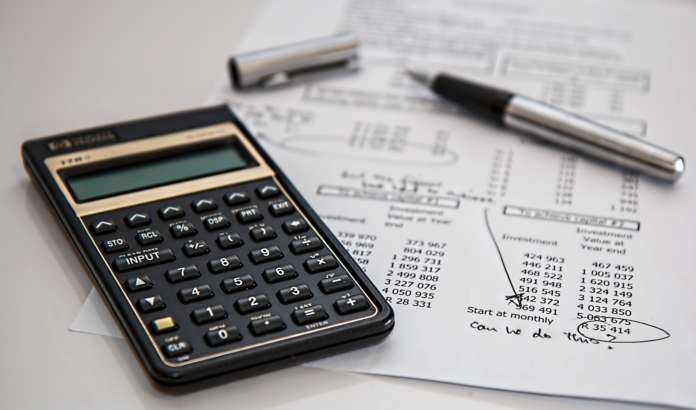
Creating and sticking to a budget is crucial if you want to get away from the paycheck-to-paycheck mentality. The vast majority of families struggle with finances because they do not have well-established budgeting plans put into place. It’s easy to take control of your money situation when you know how to do it and what to expect out of it.
The Benefits of Using Cash
Debit and credit cards have virtually replaced paper money. However, when you want to stick to a budget, your best bet is to use straight cash. You can withdraw exactly what you want to spend and you won’t be tempted to buy extra because you won’t have your debit card on you. Be aware of ATM fees when withdrawing the funds, as these can become quite problematic for individuals wanting to save.
Reducing Current Debts
If you have old student loans and credit cards that are becoming overwhelming, you need to consider either consolidation or refinancing. Consolidating old student loans enables you to put several accounts onto one single loan. You’ll be left with a more affordable monthly payment and fewer interest fees. Refinancing is essential for individuals who have larger loans that are difficult to keep up with, so you’ll be able to extend the repayment term and lower the interest rate attached to the account.
Save A Lot and Save Often
Saving is key to having enough money set aside in the event of an emergency. You can’t necessarily stick to a budget if you’re constantly using your funds for various expenses. Savings can be automated by your bank, which allows you to set up internal transfers from a checking to a savings account. You should think about putting money into this account every time that you get paid, since this helps to put the cash aside before it’s spent.
Creating a Spreadsheet
Prior to trying to live on a budget, you need to plan it out for both you and your family. The way that this can be done is through the use of spreadsheets. It’s important to outline your expenditures to your income, and then to determine what you’re left with at the end of the month once all of your bills have been paid. From there, you’ll know what you can put away to save and what you are able to freely spend without necessarily causing an overdraft with the bank.
Make Adjustments to Spending
We all overspend, and some of us don’t even realize it’s being done until it’s too late. You might eat out too much or you’re just spending on frivolous things when shopping on the weekends. Regardless of where you spend your money, it’s important to make the necessary adjustments to where your cash is going. Try to eliminate anything that is more considered a “want” rather than a “need”. This can be helpful in saving some funds at the end of the month because you didn’t spend them on items or services that were not necessary to everyday life.

